The Power of Self Belief
Believing that you "can" is critical to success

What is hope?
Researchers have taken hope, a somewhat ephemeral concept, and made it practical. Hope is about one’s ability to achieve goals. It has been linked to greater academic achievement, creativity, and problem-solving skills, as well as less depression and anxiety. Hope requires two components: pathways and agency. A “pathway” is a roadmap to reaching a goal, one that is created by the student and that includes alternate routes when obstacles arise. “Agency” is the student’s belief, motivation, and confidence that he or she can achieve the goal. It is stated that “high hopers” (students high in agency and pathways) and “high agency thinkers” (students high in agency, but low in pathways) had better academic and psychological outcomes, including the belief about their chances of success in the future, when compared to “low hopers” (students low in agency and pathways) and “high pathway thinkers” (students high in pathways, but low in agency). Thus, if students can cultivate agency—and, subsequently, hope—by believing in their potential success and examining how their current behaviors may affect their future, then they might engage more in school and persevere towards a more ambitious goal, especially when the road to that goal gets rocky.
Tips to cultivate hope
1. Become mindfully aware of what’s going on inside. In order to change our beliefs about ourselves, we have to first know what they are. But that’s the thorny thing about beliefs—we’re often not conscious of them or how they drive our choices and behaviors. This is where the practice of mindfulness can help.The practice of mindfulness can help us observe that our bodies or emotions are telling us something is not quite right, which then allows us to describe what we are experiencing. Just naming the experience can help us act with awareness: We can more easily identify the underlying belief that is causing this reaction, choose not to believe it (because mindfulness teaches us that we are not our thoughts), and replace it with a more positive thought. At that point, we can consciously choose a more constructive action.
2. Be gentle with yourself and change your narrative. Sometimes, though, it can be difficult to develop the “acting with awareness” phase of mindfulness. And for those of us who have the habit of beating ourselves up when we make mistakes or fail at a task, cultivating this ability is particularly challenging. We may be able to notice that we’re anxious and name the emotion, but overcoming the habituated belief of “I am not capable and hence a loser and therefore will Everyone deserves the chance and has the right to explore his or her glorious potential. Helping others believe in themselves when perhaps no one else does and working with them to cultivate hope where seemingly there is none are two of the greatest gifts you can offer our youth.
A.G.Sonalie Silva
















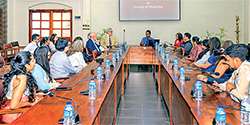



















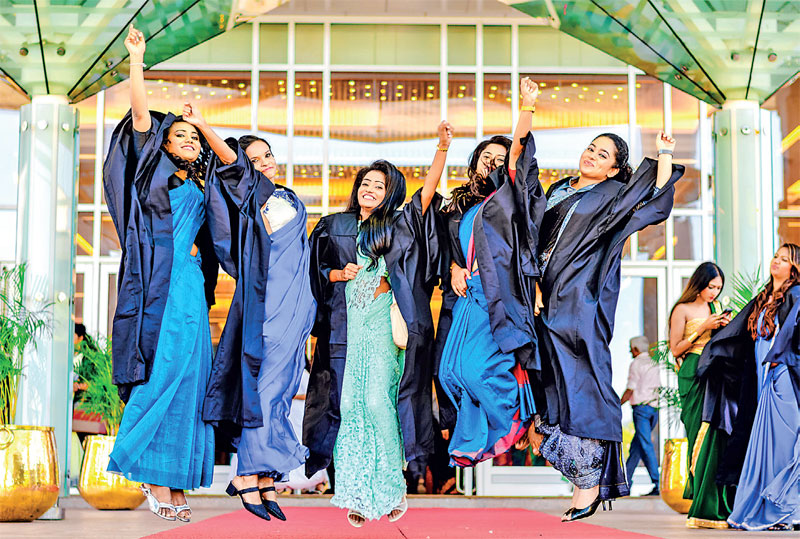

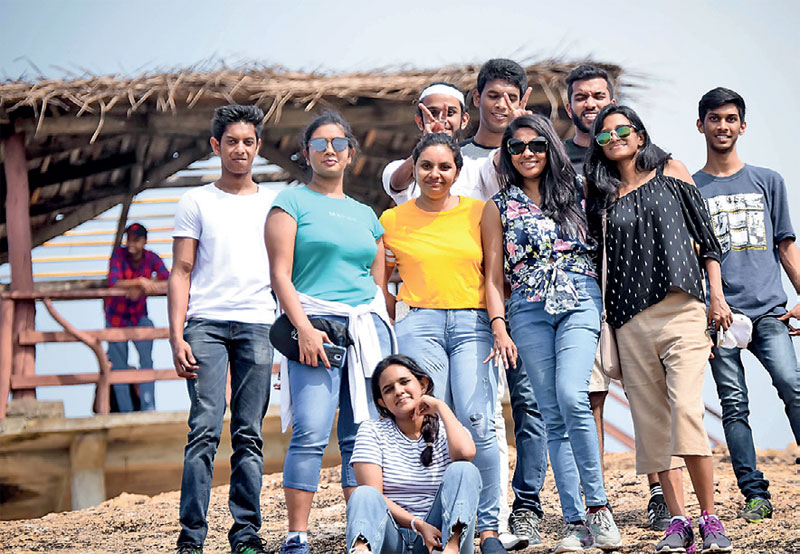
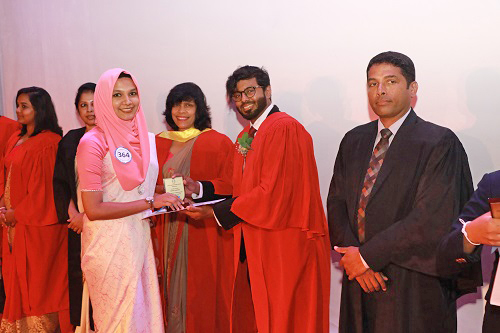
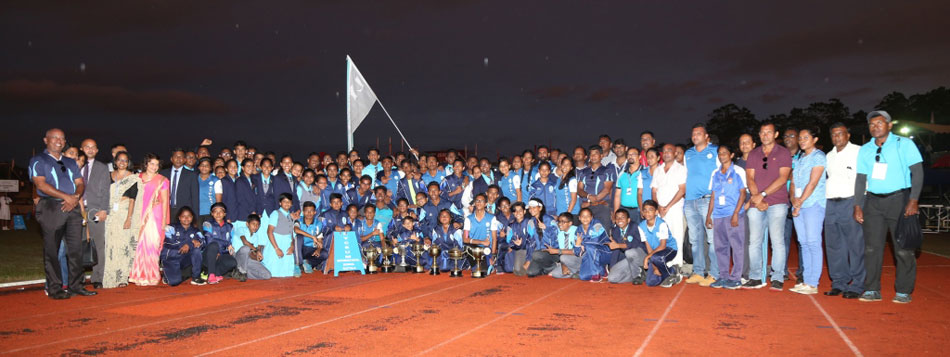
.jpg)

.jpg)
.jpg)
.jpg)
.jpg)
